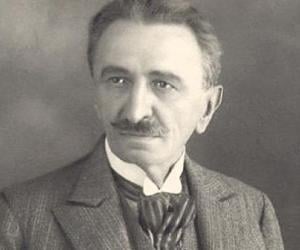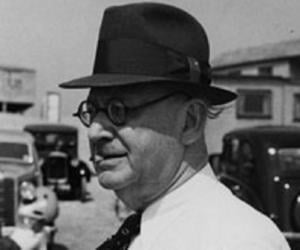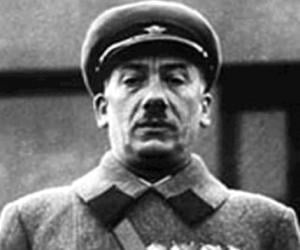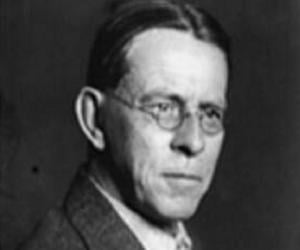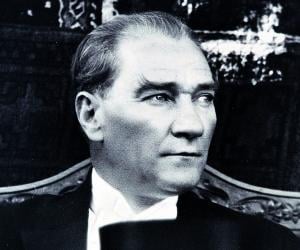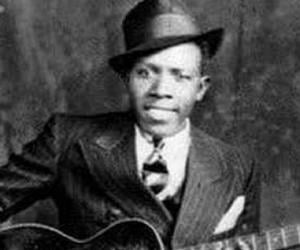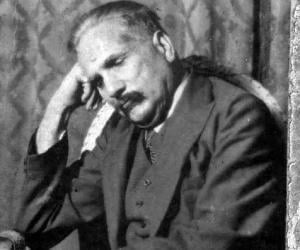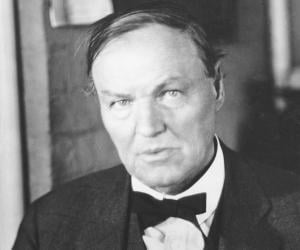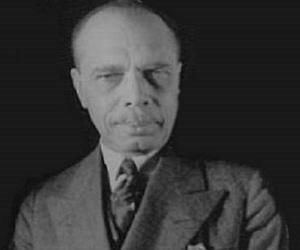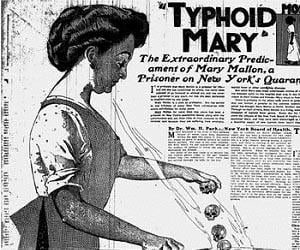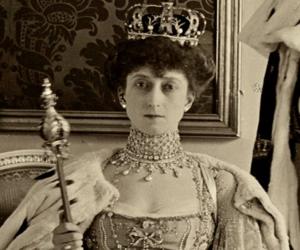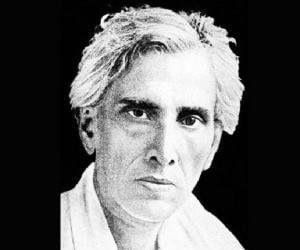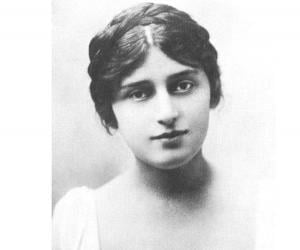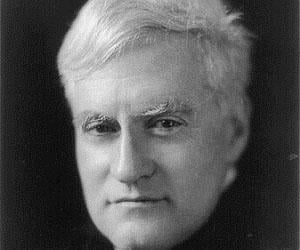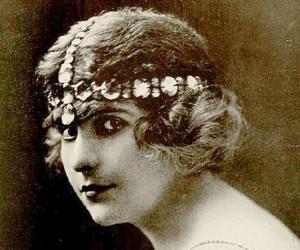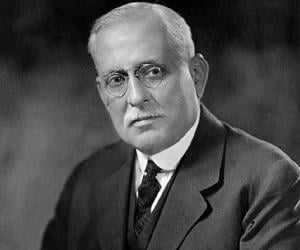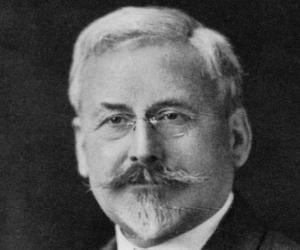Singer and guitarist Robert Johnson is remembered as a Delta blues legend. Lack of proper documentation of his early life led to various legends surrounding him, such as one that claimed he had made a deal with the Devil to excel in music. He also inspired an award-winning biography.
Muhammad Iqbal was a Scholar, poet, and politician. Born in British India (present-day Pakistan), Iqbal's poetry in Persian and Urdu languages is regarded as one of the greatest of the modern era. Also an influential politician, Muhammad Iqbal's vision of an independent Muslim state helped inspire the creation of Pakistan where he is recognized as the national poet.
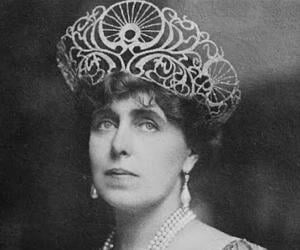
Marie of Romania was a descendant of Queen Victoria and born as the Princess of Edinburgh, before she married King Ferdinand I and became the last queen of Romania. A visual artist and a patron of the Art Nouveau movement, she was also a skilled equestrian and driver.
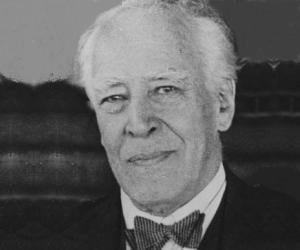
Legendary Soviet and Russian theatre-practitioner Konstantin Stanislavski, who played an instrumental role in promoting new Russian drama of his time, is best-known for co-founding the world-renowned Moscow Art Theatre and developing the Stanislavski's system of training and preparing actors. Sergeyevich was considered one of the prominent theatre directors of his day and also earned repute as a remarkable character actor.
Irish immigrant Mary Mallon, or Typhoid Mary, worked as a cook in affluent American households. When people started falling ill in and around places where Mary had worked, it was discovered that she was an asymptomatic carrier of typhoid. Escaping every time, she caused three deaths and was eventually forcibly isolated.
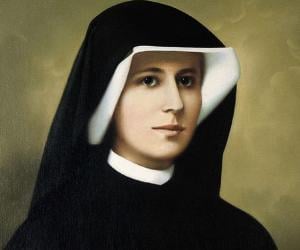
Polish Catholic nun Faustyna Kowalska is remembered for her diary, which recorded her multiple visions of Jesus and was later published. She later got an artist to paint the Image of the Divine Mercy, based on her visions. Known as the Apostle of Divine Mercy, she was canonized as a saint in 2000.
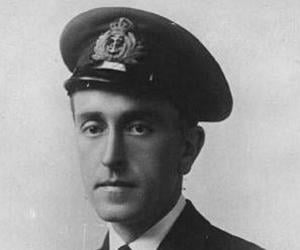
Daughter of King Edward VII of Norway, Maud of Wales, was known for being a tomboy and had even been nicknamed Harry, after a valiant admiral. She married Prince Carl of Denmark. After Carl took over as King Haakon VII of Norway, Maud became the queen of Norway, too.
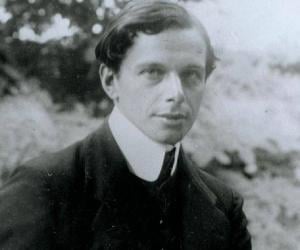
One of the pioneers of Expressionism, German painter Ernst Ludwig Kirchner co-established the artists’ group Die Brücke, or The Bridge. His iconic works such as Girl under Japanese Umbrella and Street, Berlin displayed psychological and erotic themes. Declared a "degenerate" by the Nazis, he later committed suicide.

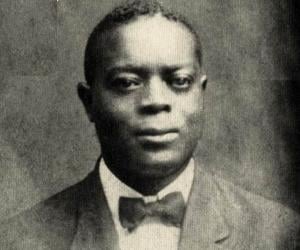
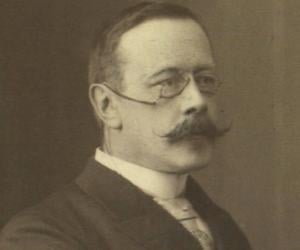
Hans Christian Gram was a Danish bacteriologist best remembered for developing a technique called Gram stain, which is still used today to classify bacteria. He achieved international recognition after developing the Gram stain technique. Hans Christian Gram also served as a professor at the University of Copenhagen.
Iconic Bengali author Sarat Chandra Chattopadhyay is best known for his works such as Devdas, Srikanta, and Parineeta, many of which have been made into films. Born into a poverty-stricken family, he found solace in literature and began writing in his teens. He was a prominent figure of the Bengali Renaissance.
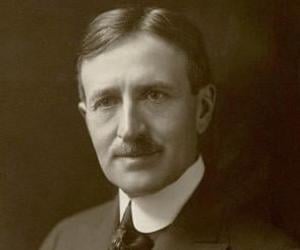
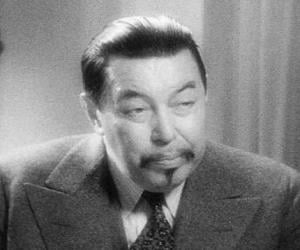
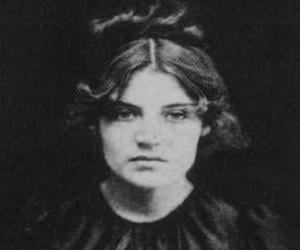
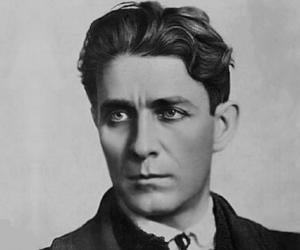
Romanian far-right politician Corneliu Zelea Codreanu founded the anti-Semitic and fascist movement called Iron Guard, also known as the Legionary Movement. While the movement turned into a successful political party, it was crushed by King Carol II, while Codreanu was imprisoned and then shot to death while escaping.
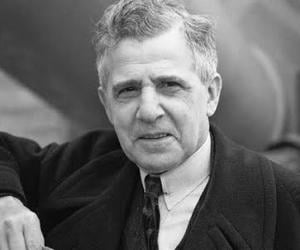
Best known for designing the Golden Gate Bridge, engineer Joseph Strauss specialized in movable bridges and developed the concepts of the bascule bridge and the vertical-lift bridge. Born to a pianist mother and a painter-writer father, he later also penned poems such as The Mighty Task is Done.
Initially a stenographer, Romanian-born American opera singer Reba Fiersohn, better known as Alma Gluck, started her music career after her marriage and soon found success with her performances at the Metropolitan Opera. She scripted history by scoring the first million-selling phonograph record and also co-founded the American Woman's Association.

Initially a professional illusionist and later a film director, Georges Méliès became interested in motion pictures after watching the first real film made by Lumière brothers. Realizing the potential of film-making as an art, he soon started experimenting, making technical and narrative developments. Among the 400 films he made were Christ Walking on Water, A Trip to the Moon etc
American lawyer Benjamin Cardozo had served as the Associate Justice of the US Supreme Court. More of a liberal, he supported the modification of existing legal principles to make them more modern. He is remembered for his mild-mannered nature and for his contribution to the American common law.
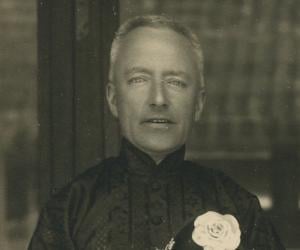
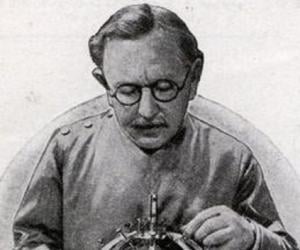
Known for his pioneering contribution to the make-up industry in Hollywood and for his revolutionary products such as Supreme Greasepaint, Max Factor Sr. was a Polish Jew, who moved to the US in the early 1900s. He founded his own brand of cosmetics, popularized the word “make-up,” and won an honorary Academy Award.
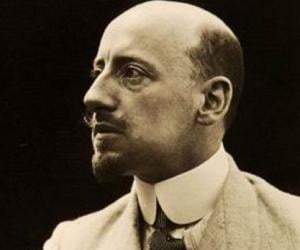
Known for literary works like Il Piacere and La Gioconda, Italian journalist, poet and playwright Gabriele D'Annunzio dominated the second period of Italian Decadentism. He became a national war hero during the First World War. His political endeavours include establishing and leading the short-lived Italian Regency of Carnaro in Fiume. He is often described as the forerunner of Italian fascism.
Edmund Husserl was a German philosopher of Moravian origin. He established the school of phenomenology. He studied mathematics, physics, and astronomy at the University of Leipzig and worked as an assistant to mathematician Karl Weierstrass. He later became a professor of philosophy and taught for several years. He is considered a major figure in 20th-century philosophy.
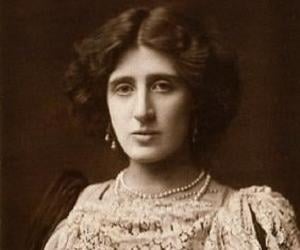
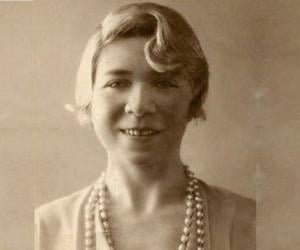
Alfonsina Storni was an Argentine playwright and poet of the modernist period. She was one of the first women to find success in the Argentine literature and theater scene, which were dominated by men. Her literary works not only inspired her readers but also inspired other writers.
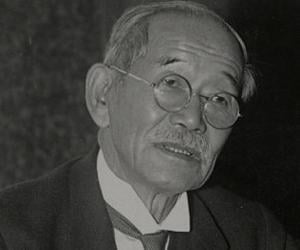
Legendary Japanese athlete Jigoro Kano is remembered as the founder of judo. A fine educator, he had also had a 23-year stint as the principal of 2 schools, which later became the University of Tsukuba. He was also the first Asian to be part of the International Olympic Committee.
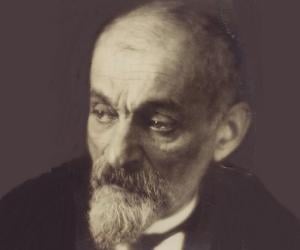
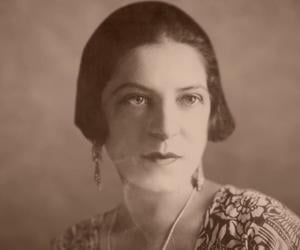

Isabelo de los Reyes, also known as Don Belong, was a prominent Filipino politician and activist who co-founded the independent Philippine church Iglesia Filipina Independiente. A labor leader and author, too, he served as the senator of the Philippines. He also wrote extensively on folklore, religion, and history.
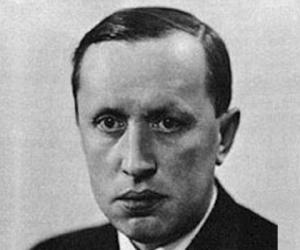
Karel Čapek was a Czech writer, critic, and playwright. He is best remembered for his science fiction work, including his play Rossum's Universal Robots and his novel War with the Newts. Credited with introducing the word robot, Karel Čapek's works were celebrated after World War II. He was also nominated for the prestigious Nobel Prize in Literature on seven occasions.
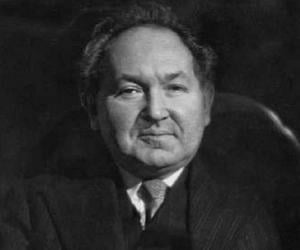
Leopold Godowsky was a renowned Polish-born American pianist, composer and teacher counted among the most highly regarded performers of his day. Notable works of the virtuoso, who was reputed for his remarkable piano technique, includes his compositions like Java Suite, Walzermasken, Passacaglia and Triakontameron; and 53 Studies on Chopin's Études, a set of 53 arrangements of Études by Frédéric Chopin.
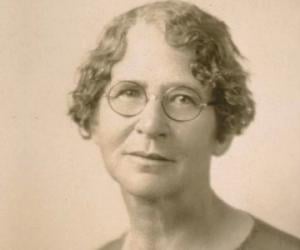
Ynes Mexia was a Mexican-American botanist best remembered for her large collection of specimens of plants and flora originating from the sites of Mexico, Peru, and Colombia. She collected more than 150,000 specimens over a period of 16 years, during which she encountered various challenges, including dangerous terrain, poisonous berries, earthquakes, and bogs.
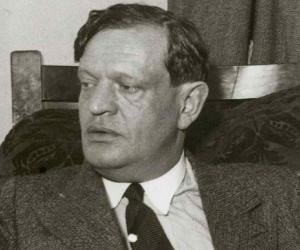
Hungarian author Frigyes Karinthy was the first to state the concept of six degrees of separation, in his short story Chains. Initially a journalist, he later mastered the short story format and also penned novels such as Voyage to Faremido. He also wrote the script for the film The Stork Caliph.
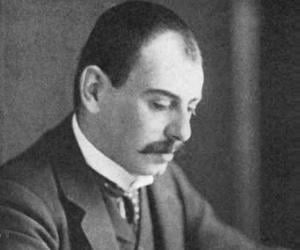
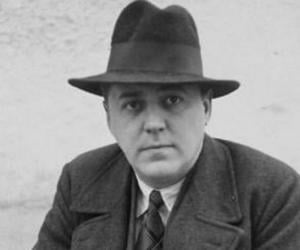
Born to an Austro-Hungarian diplomat, Ödön von Horváth grew up studying in Hungarian but later became one of the finest writers of German literature. The writer of iconic plays such as Italian Night and Tales from the Vienna Woods, he was a significant anti-fascist playwright. He died in a thunderstorm.
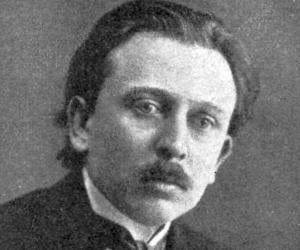
Right-wing Romanian politician Octavian Goga was a significant part of the Romanian nationalistic movement and the Romanian National Party. He later formed the National Christian Party and led Romania as its prime minister. He was a talented poet, playwright, and journalist, too, and penned works such as The Olt River.
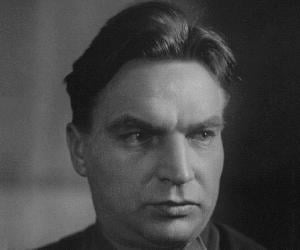
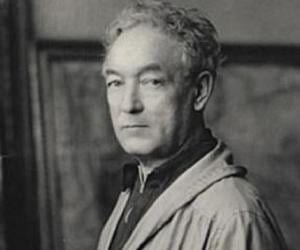
Born in Switzerland, Charles Édouard Guillaume grew up to win the Nobel Prize in Physics for his discovery of the nickel-steel alloys invar and elinva. He also served the International Bureau of Weights and Measures as its director, while his research covered horology and space radiation, too.
